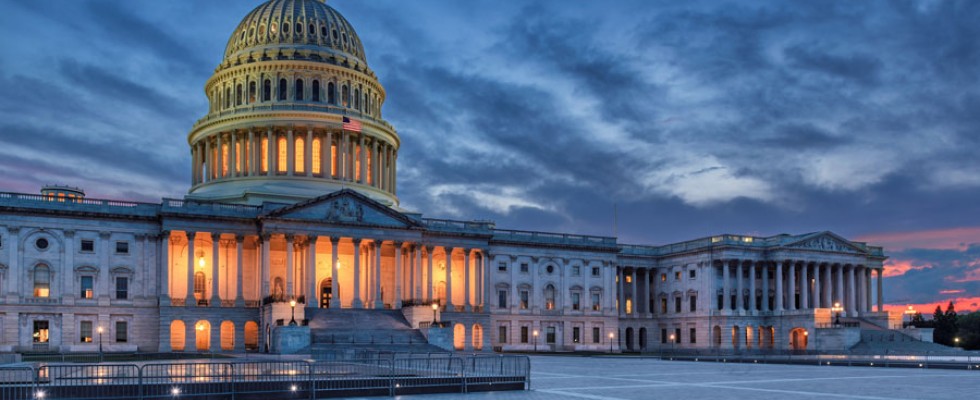
The Paycheck Protection Program (PPP) was created as part of the CARES Act that became law in March and served as a large stimulus package designed to offset the impacts of the coronavirus. The CARES Act authorized the Small Business Administration to make loans to small businesses that would be forgiven if certain requirements were met. These include an eight-week window for the funds to be spent on expenses such as payroll, rent, mortgage interest and utilities. Three-quarters of each loan must be spent on payroll.
Legislation
HR 7010 modifies provisions related to the forgiveness of loans made to small businesses under the Paycheck Protection Program implemented in response to COVID-19, including:
- Increasing the eight-week requirement for funds to be spent to 24 weeks. (The eight-week period began expiring on May 29 for the first loan recipients on April 3.)
- Reducing the requirement that 75% of funds be spent on payroll down to 60%. If 60% is not spent on payroll, none of the loan will be forgiven. This is a change from the original requirements, which allowed some of the loan to be forgiven even if the 75% standard was not met.
- Extending the requirement for restoring the workforce to pre-pandemic levels through Dec. 31, 2020.
- Creating two new exceptions to the pre-pandemic workforce levels requirement for loan forgiveness: 1.) If the business cannot find qualified workers, or 2.) If businesses have not returned to pre-pandemic levels due to COVID-19.
- Loan repayment has been extended from two to five years.
What It Means
Small businesses will have more leeway to carry out the PPP as intended without fear of not receiving loan forgiveness. The National Association for Home Care & Hospice supported the bill.
Status
Signed into law June 5, 2020. Became Public Law 116-142.
Did you know?
Under the CARES Act, employers were able to defer the payment of applicable 2020 employment taxes (including Social Security), with 50% due on Dec. 31, 2021, and the remaining 50% due on Dec. 31, 2022.
There was, however, an exception for PPP loan borrowers who sought loan forgiveness. The PPPFA removed the exception, allowing such borrowers to be eligible for tax deferrals.
